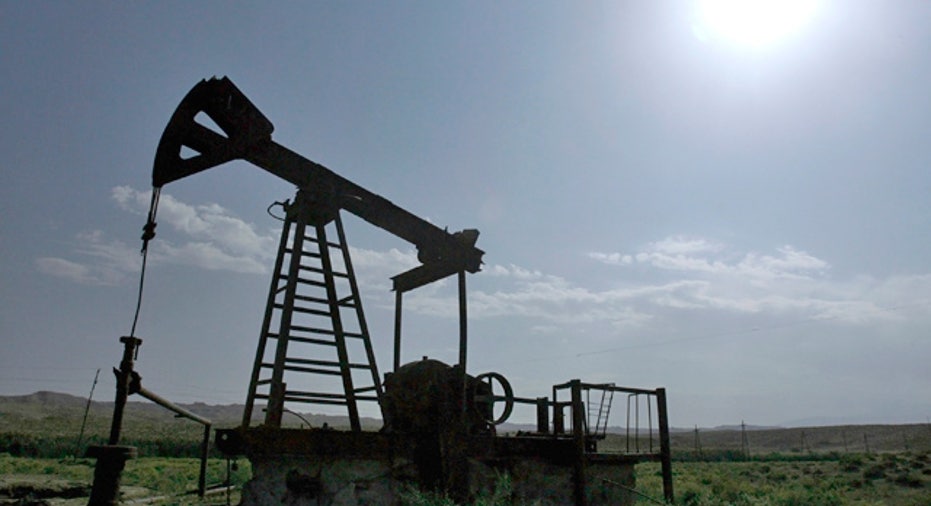Oil Settles Below $110 on Demand Concerns

Oil prices slumped on Monday, pulling back from 32-month peaks on concerns about high prices eroding demand and threatening economic recovery as investors eyed attempts to halt Libya's conflict.
Analysts and brokers pointed to overbought technicals along with the mounting concerns about demand highlighted by Goldman Sachs telling clients there is a strong chance commodity prices may reverse, recommending they take profits.
The threat to consumption from rising U.S. gasoline prices also was cited by brokers and analysts, with Goldman Sachs and fuel price tracker Trilby Lundberg both citing demand destruction from high gasoline prices.
Brent and U.S. crude felt pressure early when the African Union said Libyan leader Muammar Gaddafi had accepted a road map to end the civil war, including an immediate ceasefire, though rebels said any settlement would require Gaddafi step down.
But Gaddafi forces continued to shell the besieged town of Misrata, and a NATO official said Gaddafi's forces would be targeted as long as they threatened civilians.
Brent crude for May fell $2.92 to $123.73 a barrel by 2:48 p.m. EDT (1848 GMT), dropping as low as $123.62 after reaching a 32-month peak of $127.02.
U.S. crude fell $2.87 to settle at $109.92, pulling back after reaching an early $113.46 peak, the highest intraday price since September 2008.
"Technicals indicated crude was overbought, with RSI (Relative Strength Index) for both Brent and WTI over 70 this morning," said Richard Ilczyszyn senior market strategist at Lind-Waldock in Chicago.
"Traders came in and Nigeria hadn't imploded and behind the scenes people are trying to get Libya solved because oil can't stay this high without threatening the recovery."
The 14-day RSI, a measure of whether a contract is overbought or oversold a contract is, approached 80 on Friday for Brent, according to Reuters data. A reading above 70 is considered overbought, while anything under 30 is oversold.
PRICE THREAT TO DEMAND
The average U.S. retail gasoline price moved closer to $4 a gallon, jumping more than 19 cents since mid-March to a level less than 10 percent below its all-time high, according to the widely followed Lundberg Survey.
Goldman Sachs (NYSE:GS) pointed to, "nascent signs of oil demand destruction in the United States," and to speculative length, along with the possibility of a Libya cease-fire and Nigeria's elections that have thus far not resulted in unusual supply disruptions.
The International Monetary Fund warned in its World Economic Outlook that soaring oil prices and inflation in emerging economies pose risks to the world economy but are not yet strong enough to derail it.
Demand concerns also remain about Japan, which expanded the evacuation zone around its damaged nuclear plant because of high levels of accumulated radiation, as a strong aftershock rattled the area one month after a massive quake and tsunami.
Weekly oil inventory reports will offer a fresh snapshot of U.S. demand and stockpiles. Analysts surveyed on Monday expected crude stocks to have risen last week, with distillate stocks dipping and gasoline stocks dropping.
POTENTIAL THREATS TO SUPPLY
Analysts remain skeptical about the prospect for any Libyan peace deal. Commerzbank's Carsten Fritsch said: "We have seen such peace plans before ... Unless Gaddafi steps down I think there is little room for discussion from the rebel side."
With Libyan production curbed sharply, Saudi Arabia is still expected to fill any supply gap, which makes unrest and protests in regional neighbors Yemen, Bahrain, and Syria and revived unrest in Egypt, that much more unsettling.
A senior Gulf source dismissed doubts among analysts about Saudi Arabia's claimed 12.5 million barrels per day capacity as the work of speculators trying to manipulate oil prices.



















